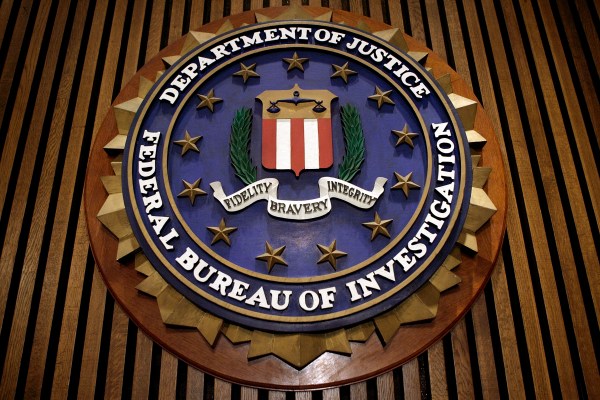While questions about Russia attracted more initial scrutiny at his Senate confirmation hearing today, Trump’s proposed James Comey replacement Chris Wray did offer a few clues on his ideas about the digital privacy of American citizens.
On encryption:
“There’s a balance that has to be struck between the importance of encryption, which we can all respect when there are so many threats to our systems, and the importance of giving law enforcement the tools they lawfully need to keep us safe.
“One advantage to having been in the private sector for a while is that I think I know how to talk to the private sector and I would look for ways to try to see if I could get the private sector more on board to understand why this issue is so important to keeping us all safe.”
Given their familiarity with the issue, Wray’s comments may come as something of a surprise to the many tech companies accustomed to fielding FBI requests for user data. While he alludes to some mystical un-struck balance, it sounds unlikely that he either understands the conversation around or is particularly concerned by the all-or-nothing proposition of requiring tech companies to create backdoors into their products that would allow the government to bypass encryption. Of course, this isn’t just an issue that touches privacy — building backdoors into products would weaken them against potential intrusions by foreign adversaries, for-profit hackers and everybody else, too.
While Wray remains a bit of an unknown on many tech issues, earlier in 2017, his would-be predecessor at the FBI made a similarly ambiguous statement that ultimately sounded like advocacy for backdoors:
“We all love privacy, we all care about public safety and none of us want backdoors — we don’t want access to devices built in in some way,” Comey said during a Senate Oversight Committee hearing. “What we want to work with the manufacturers on is to figure out how can we accommodate both interests in a sensible way.”
In response to Section 702, a contentious loophole in the Foreign Intelligence Surveillance Act (FISA) that comes with a nasty side effect of accidentally surveilling American citizens, Wray’s answers are less equivocal. After dodging around some 702-specific questions, he eventually called it a “tool that needs to be a high priority for the country that needs to get renewed appropriately.” Section 702 will expire at the end of this year unless Congress reauthorizes it.
All told, the conversation between tech and agencies concerned with national security might end up where it started, but until Wray is confirmed and making decisions as FBI director it’s difficult to know for sure.
